The MKS-50 offers the same features as the Alpha Juno & Like the Alpha Juno synths you really need the PG-300 programmer to make them come to life. In that respect you'd probably be better off going for the rack version than the keyboard Alpha Juno because frankly the keys version doesn't offer anything extra & just takes up space.
The PG-300 programmer
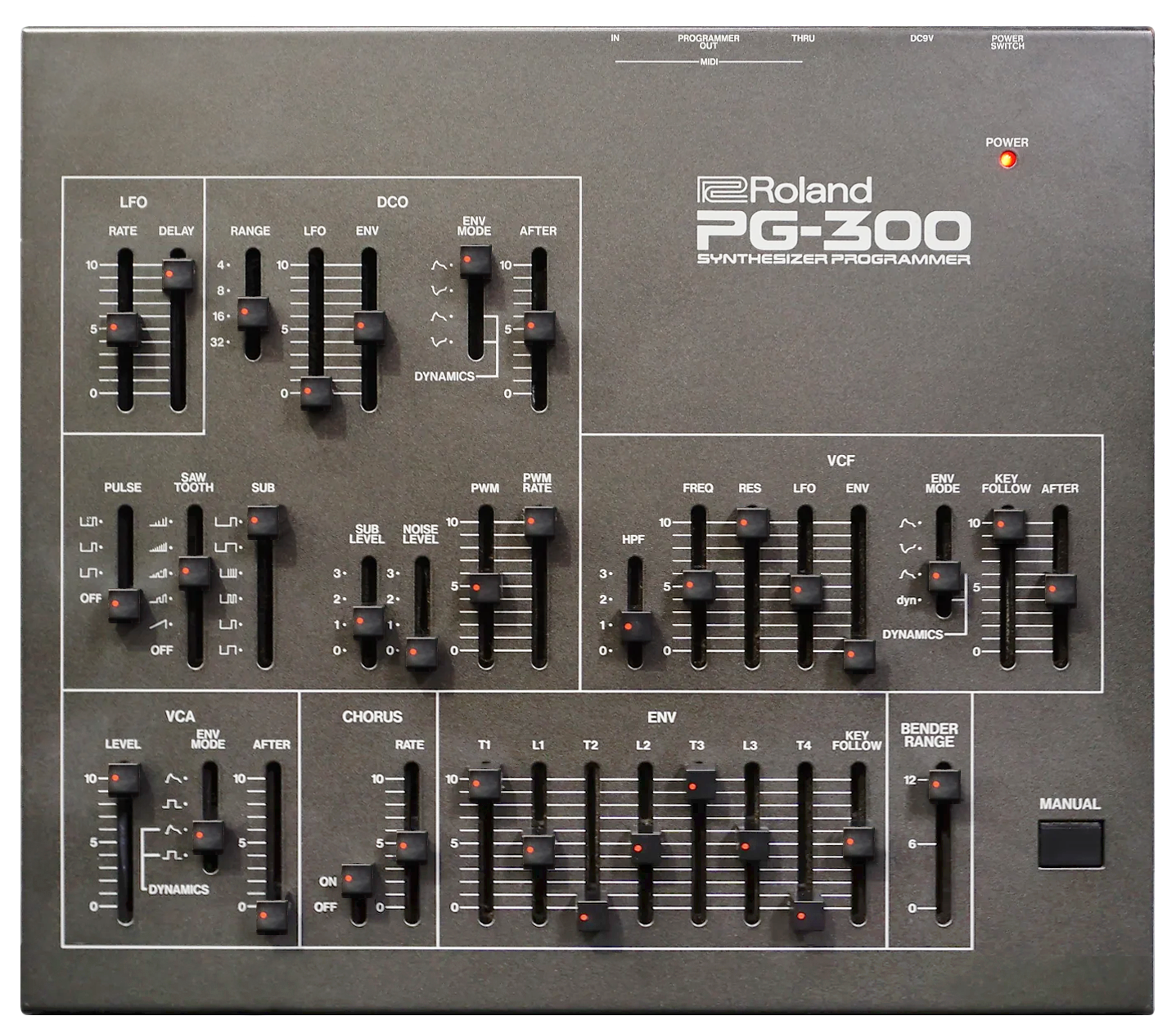
The Roland MKS50 is the rackmount version of the Roland alpha Juno. It is cased in a one unit rack box made of sturdy metal. On the rear you have one each of midi in, thru and out and one pair of audio out. It has internal powersupply so you don't get one of those ugly "wall warts". On the front there is one volumeknob, an LCD display and a bunch of push buttons.
Soundwise it is a 6 voice DCO synth. DCO means that it has digitally shaped oscillators, you could say it is an early form of VA. The DCO outputs square, triangle and sine. Then you have one sub oscillator that adds a suboctave copy of the DCO and a noise generator. The pulswidth of the square can be modualted by the LFO or ENV of which you get one each. On the downside is that although you can control amplitude,pitch, pulswidth and the filter for the sound you only have just that one ENV so they must all follow that same shape. The same goes for the LFO, but you can of course modulate with different amount of the ENV and LFO. On part of polyphony you get six voices of the same sound. So it can only play one sound at a time, no multitimbrality here, but you can atleast play chords using the six voices. Included in the machine is also a chorus that comes in handy for pads and strings.
The sound that comes out of this engine can be descibed as synthetic and semi fat. With that I mean that it is warm and analog, but not as full smooth and big as a minimoog or even an Roland SH09. It rather has a character of its own that places it beetween the moogs and the TB303's squelchy and screeming tones. This makes it good for things like sweeping pads, synthetic strings, electric basses and some snapping pops and thuds.
The inteface using only push-buttons and stepping menues is not an ideal for sound editing, but there are editors out for it to most sequencer software. Its sys-ex implementation is also very simple so you can edit if from a midifader box if you put your mind to it or buy a Roland PG-300 programmer if you can find one. If you are looking for one of these units I advice you to get one with the programmer right away cause the PG-300 is dedicated for the job.
Conclusion: A well build sturdy piece of 1u rack synth that adds one nice sound to your arsenal if you are looking for synthetic pads, sweeps or electric sounds. It works well with midi so it doesn't require a midiretrofit or midi-cv converter to work with your other midi gear. All in a all a plain and simple unit that will work faithfully if you like its sound.
Easy of use: 5/10
Build Quality: 9/10
Support: 7/10
You will find more info and patches for the MKS50 on this site.





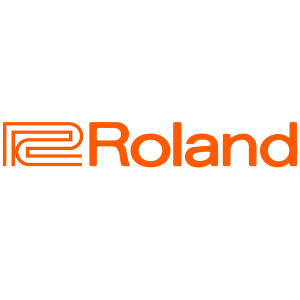
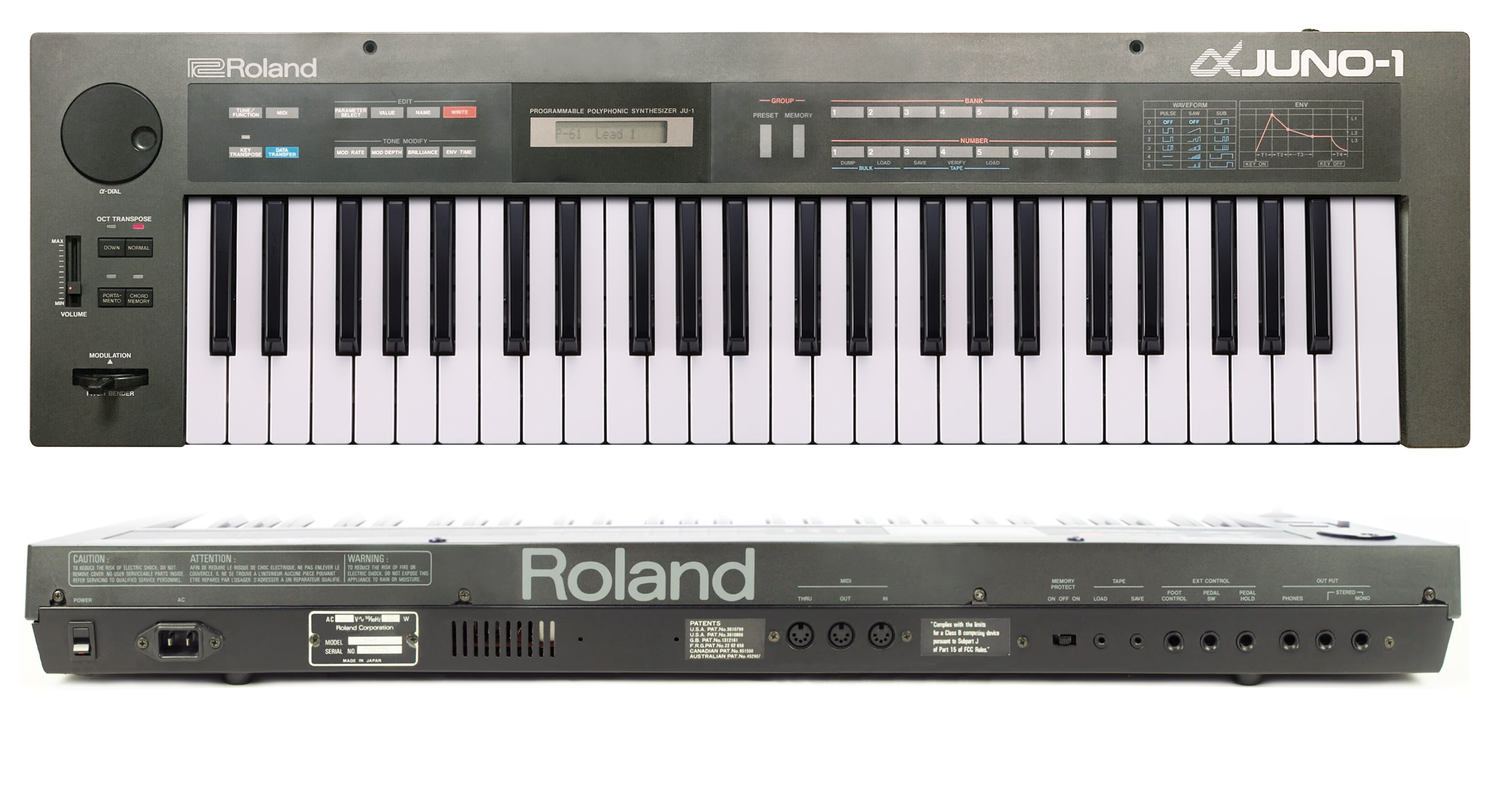
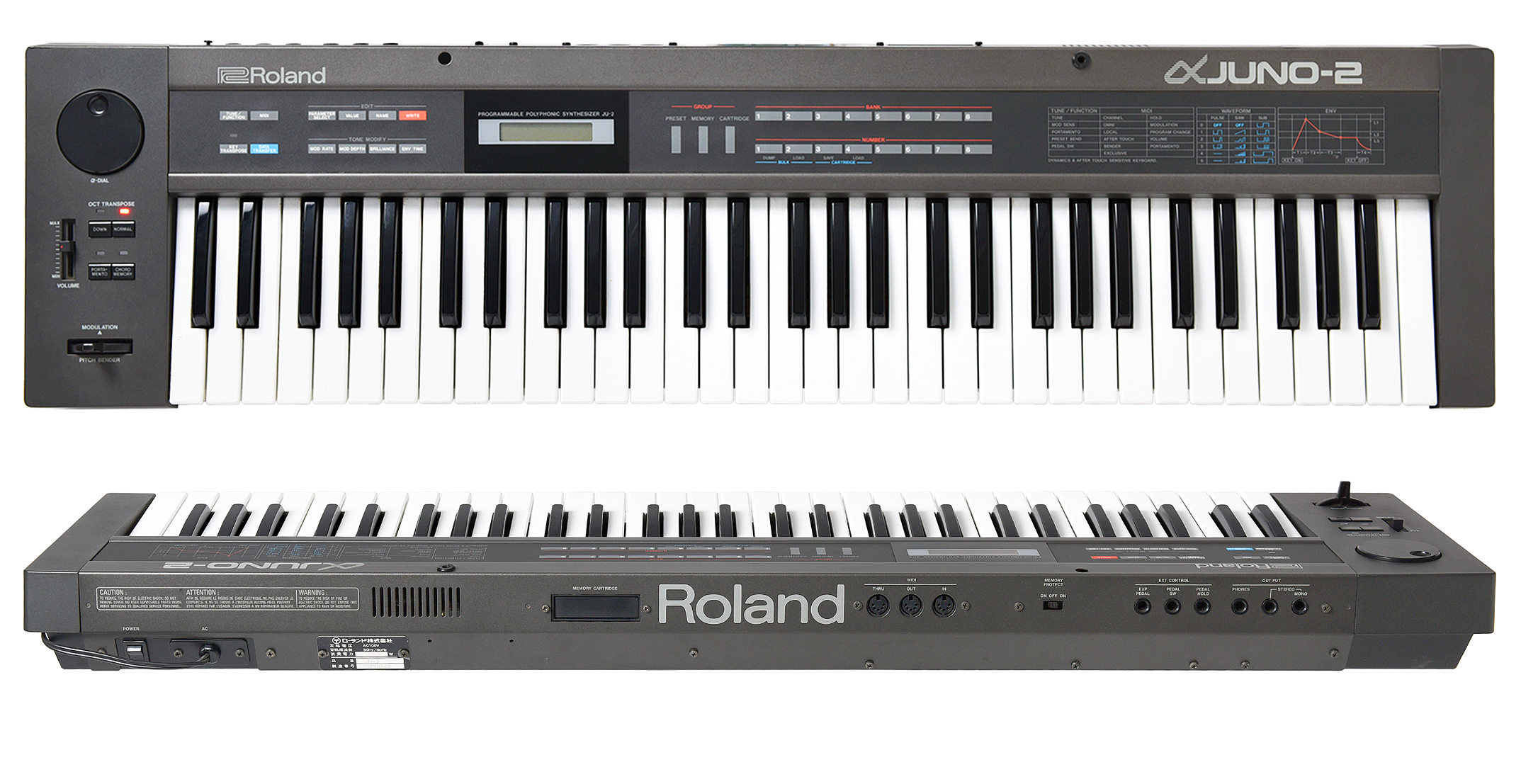
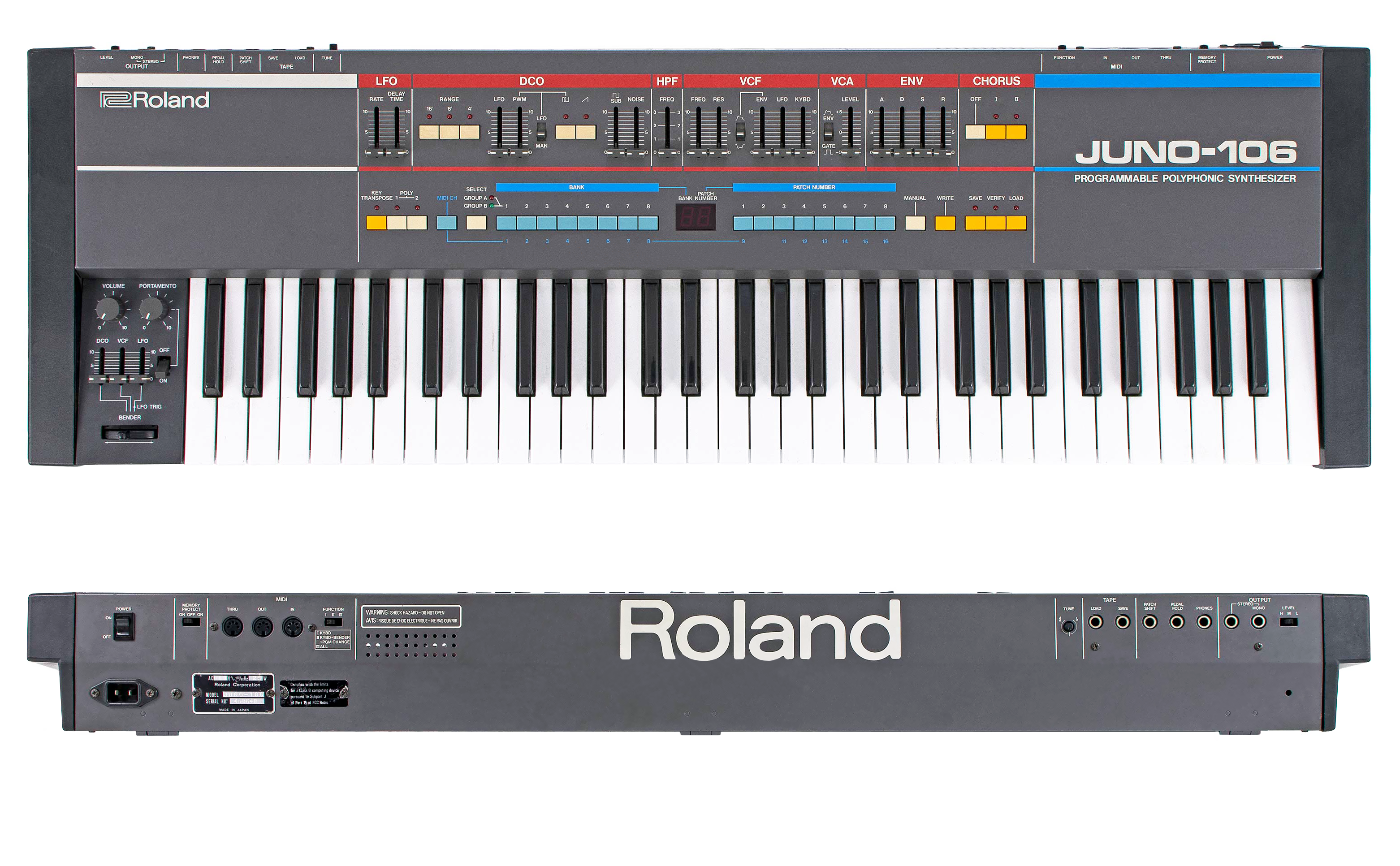
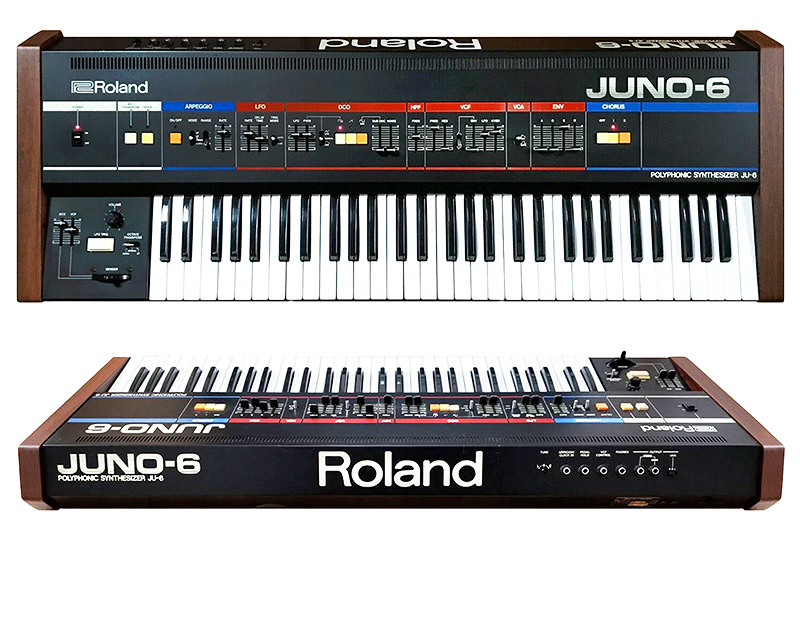
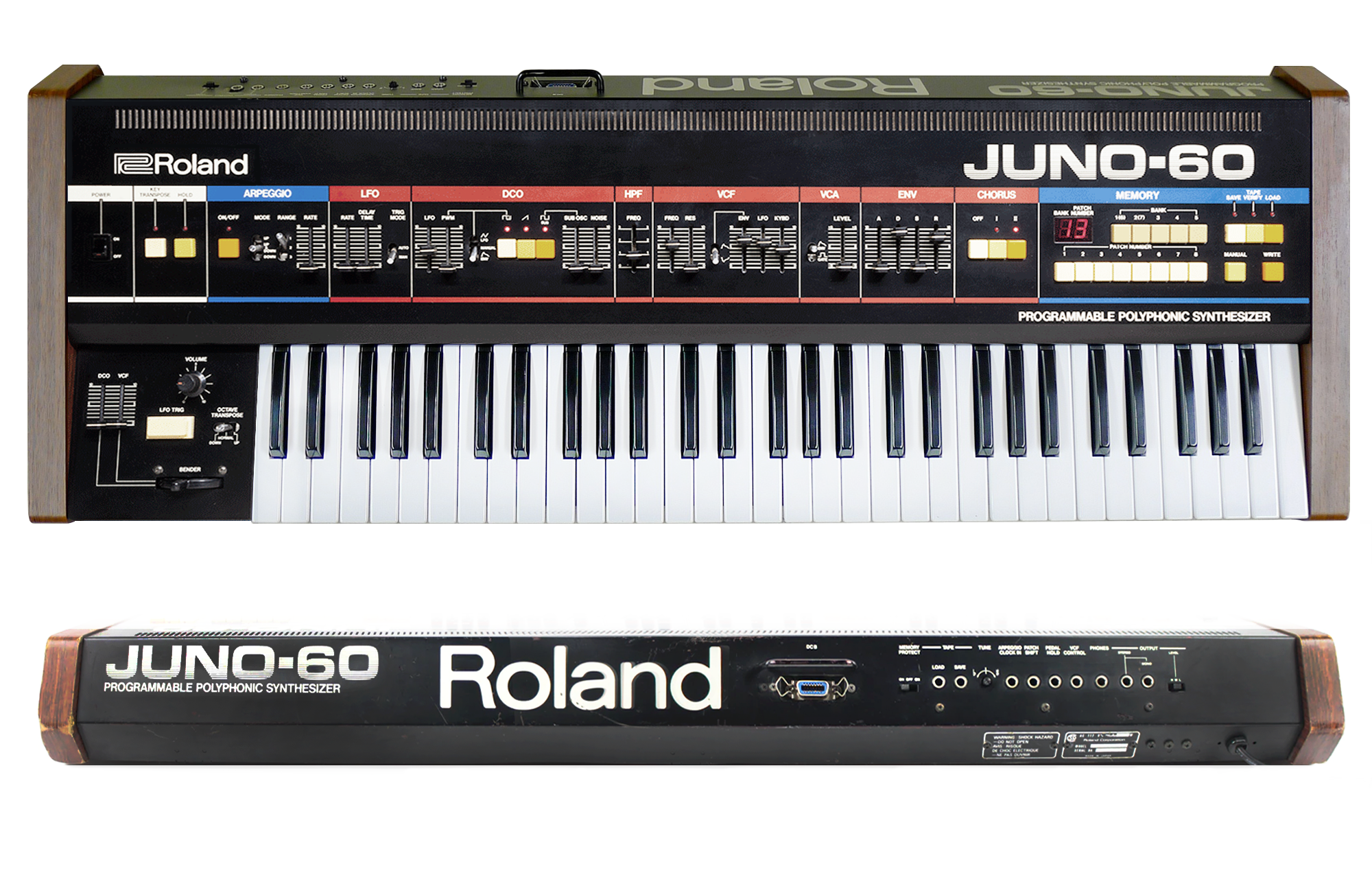
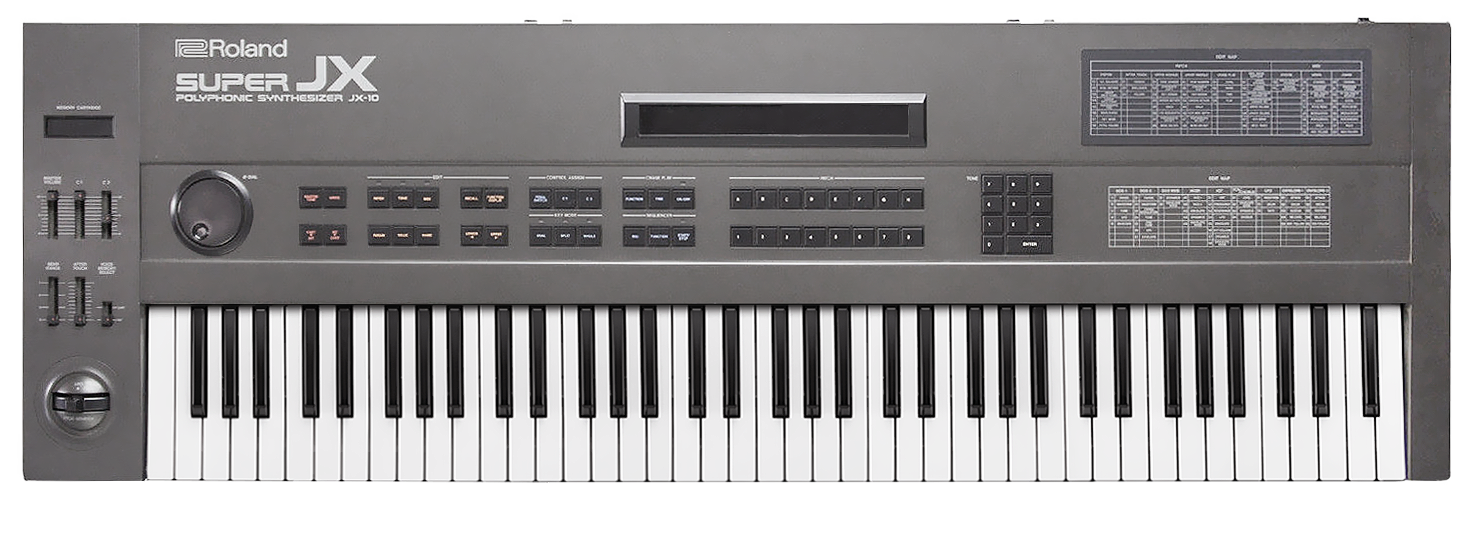
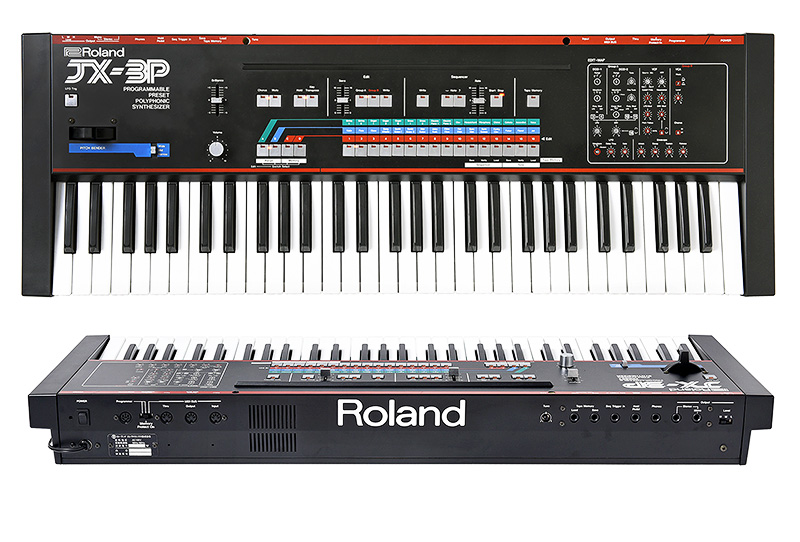
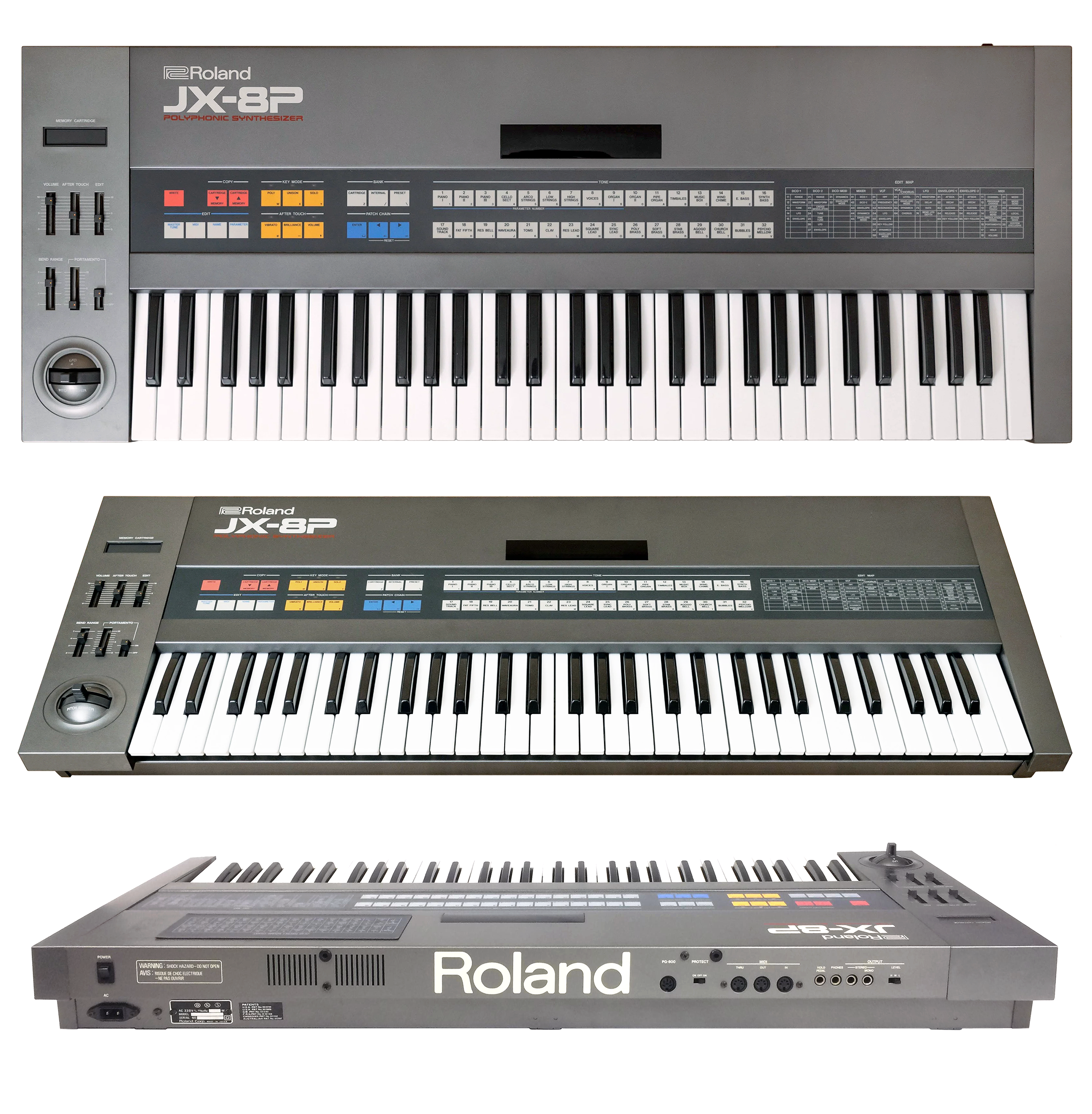
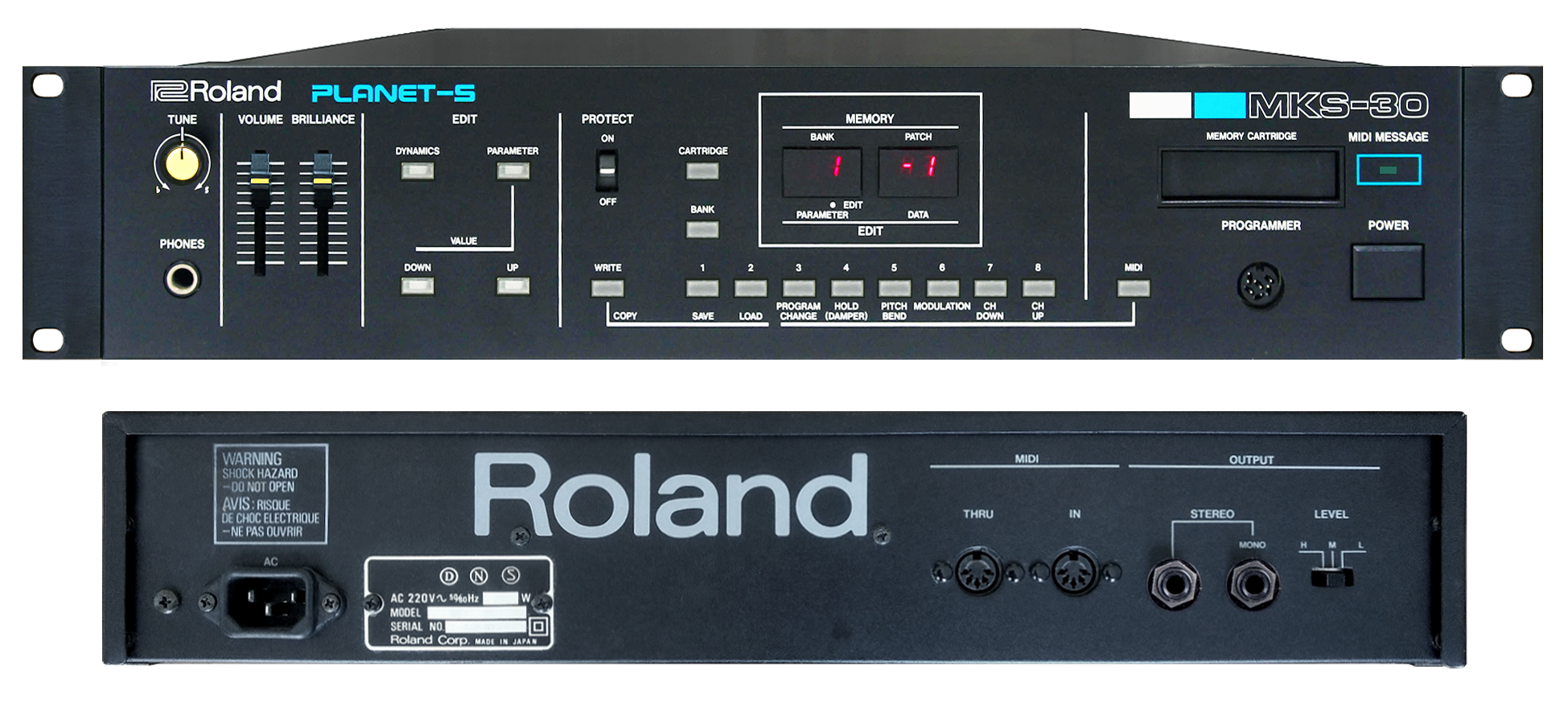
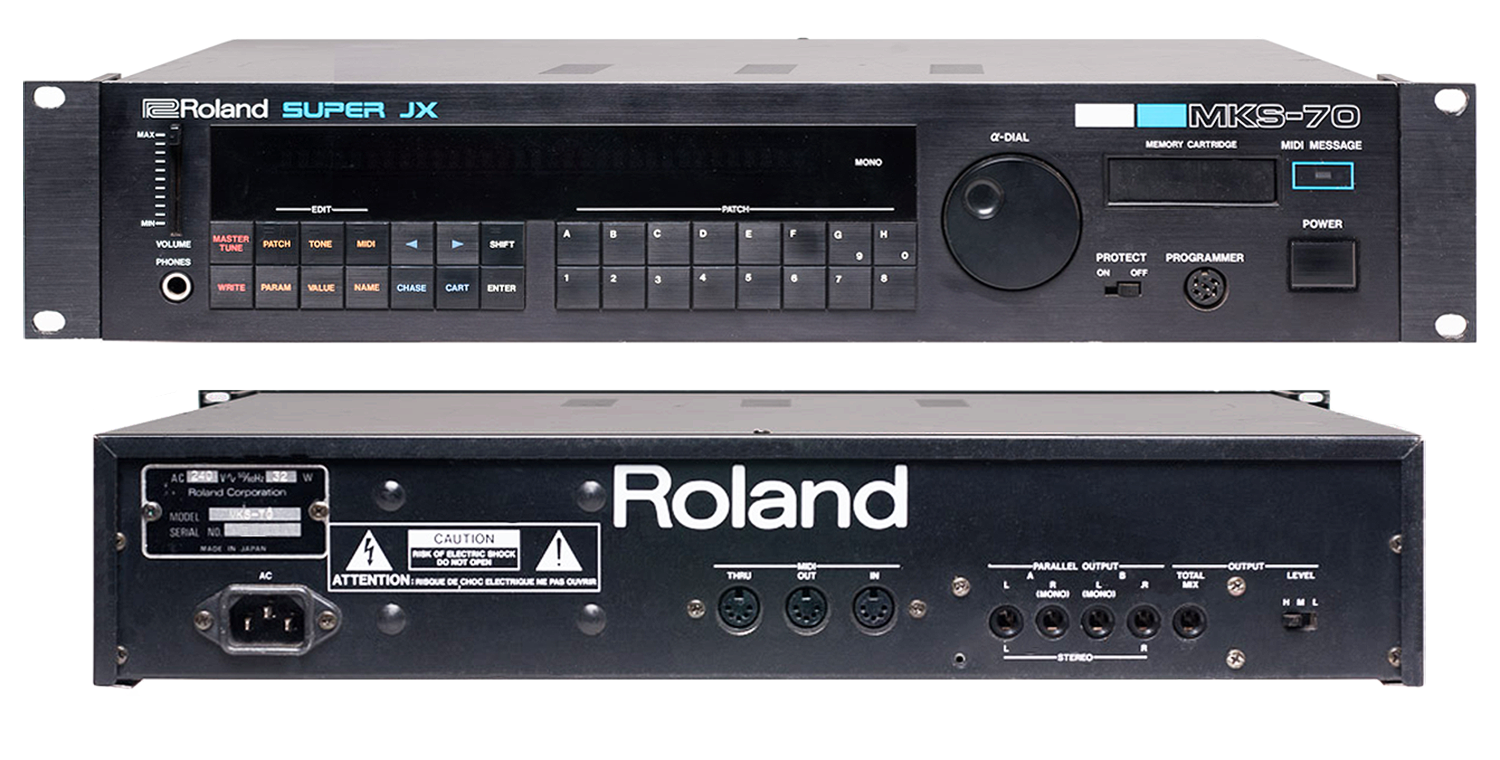
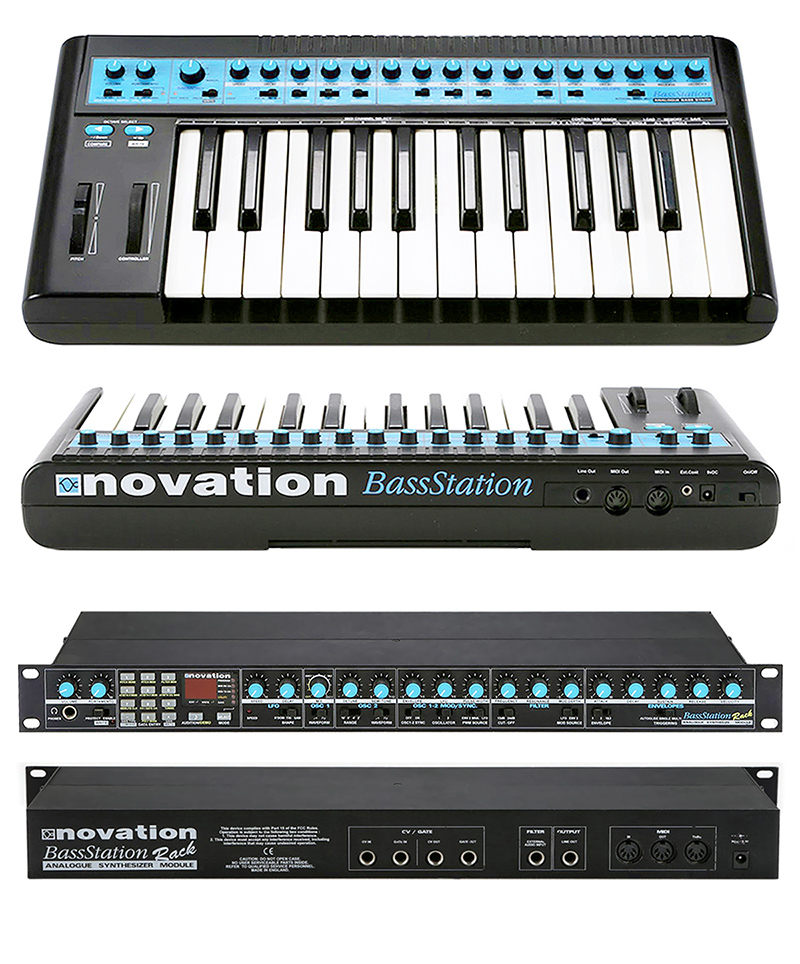
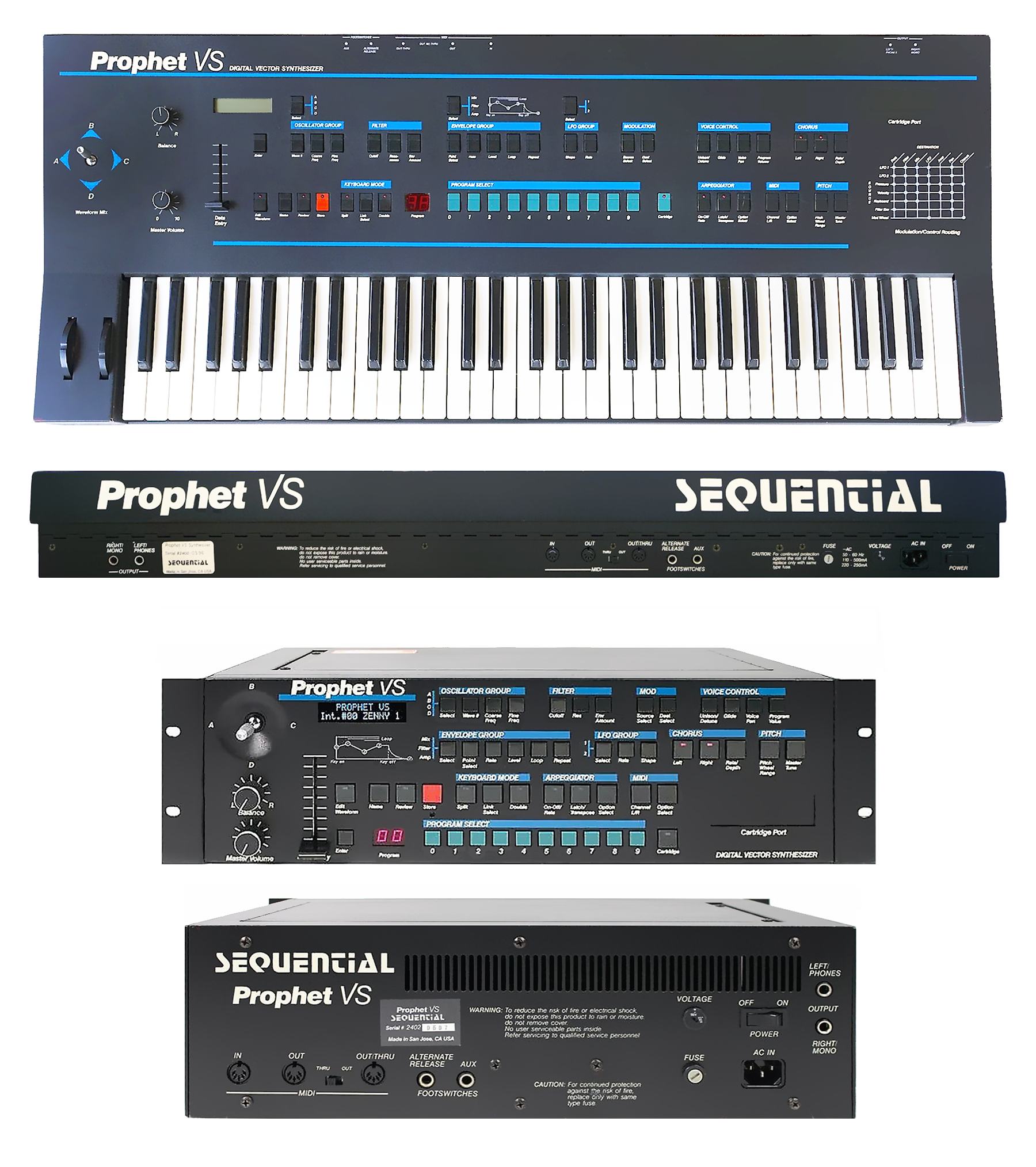
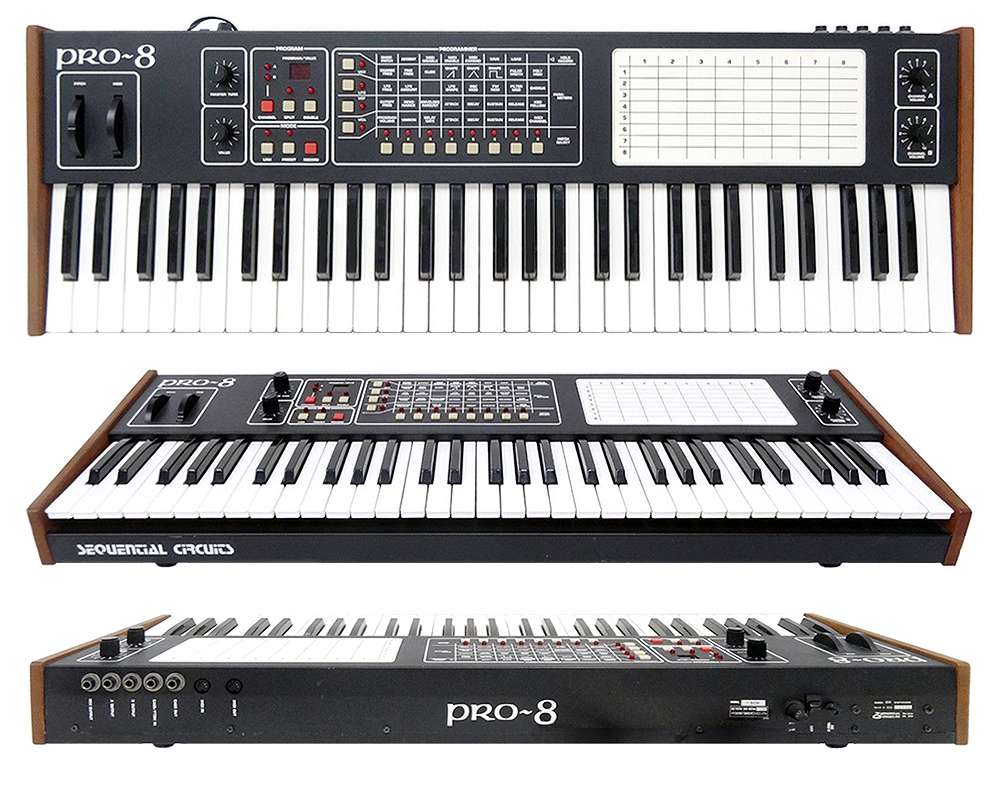
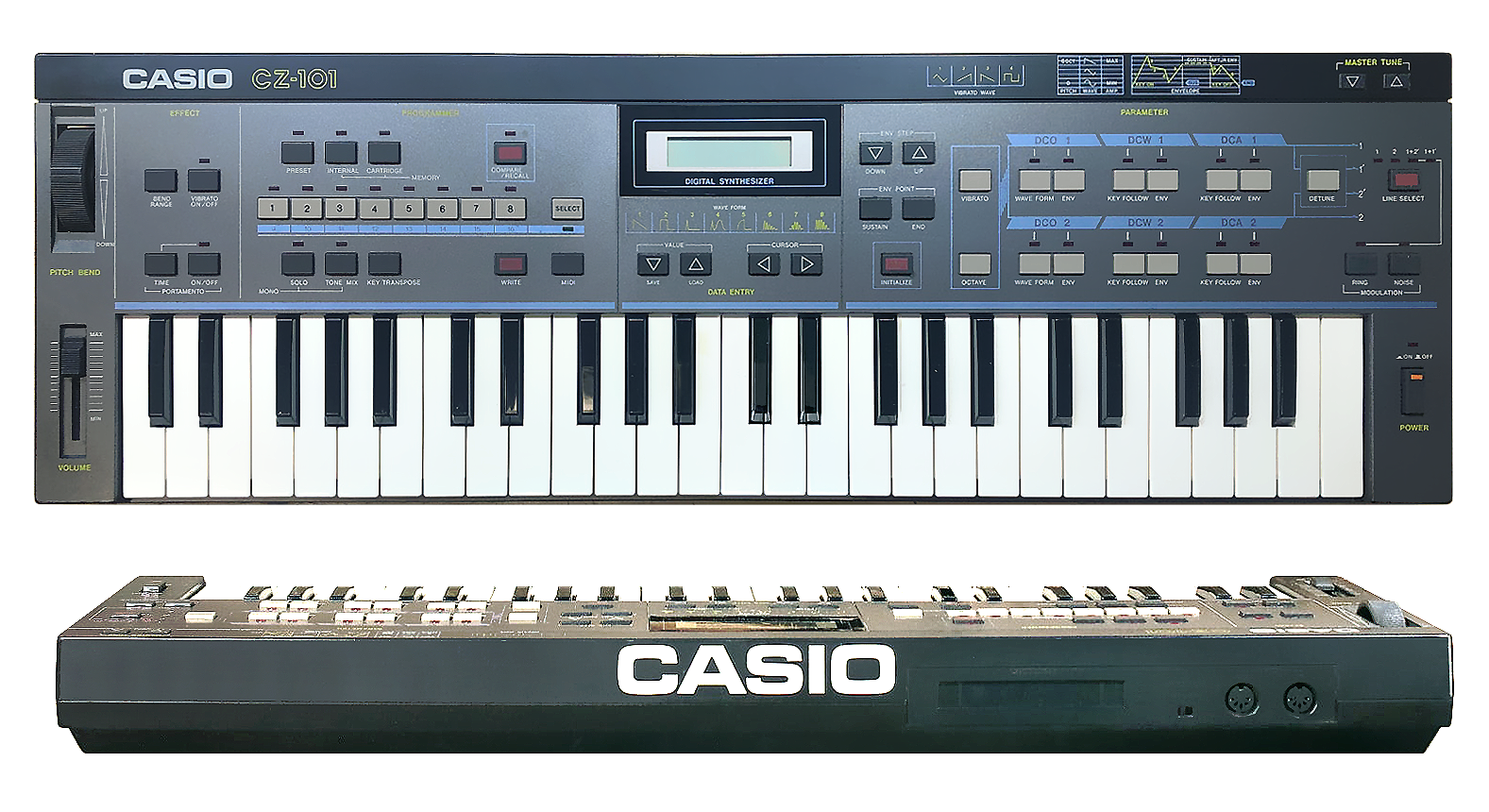
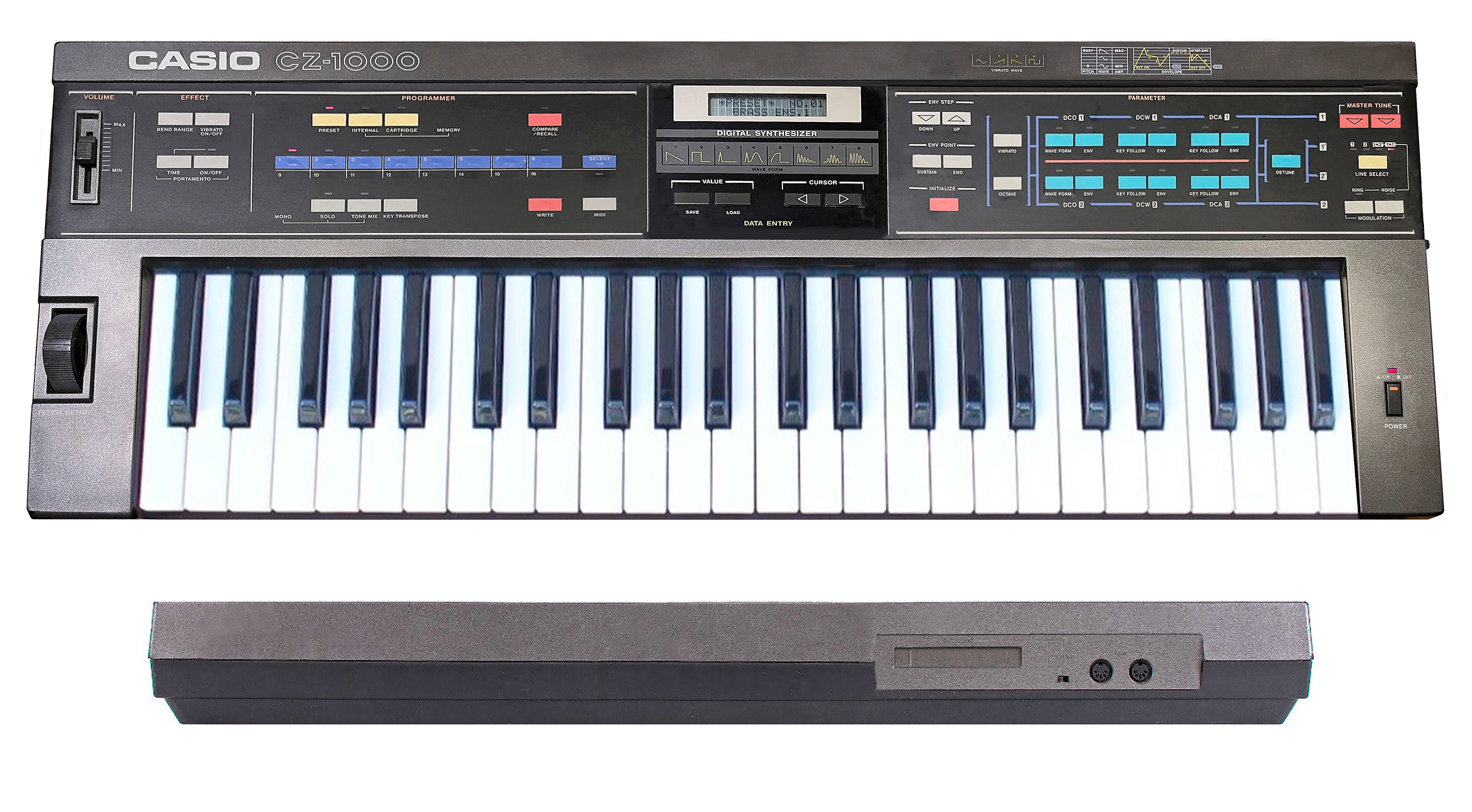
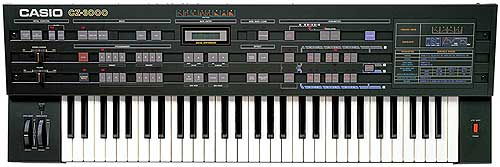



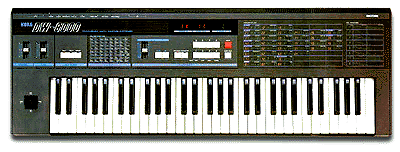
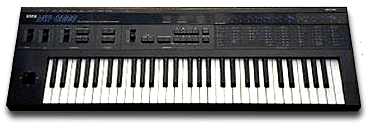
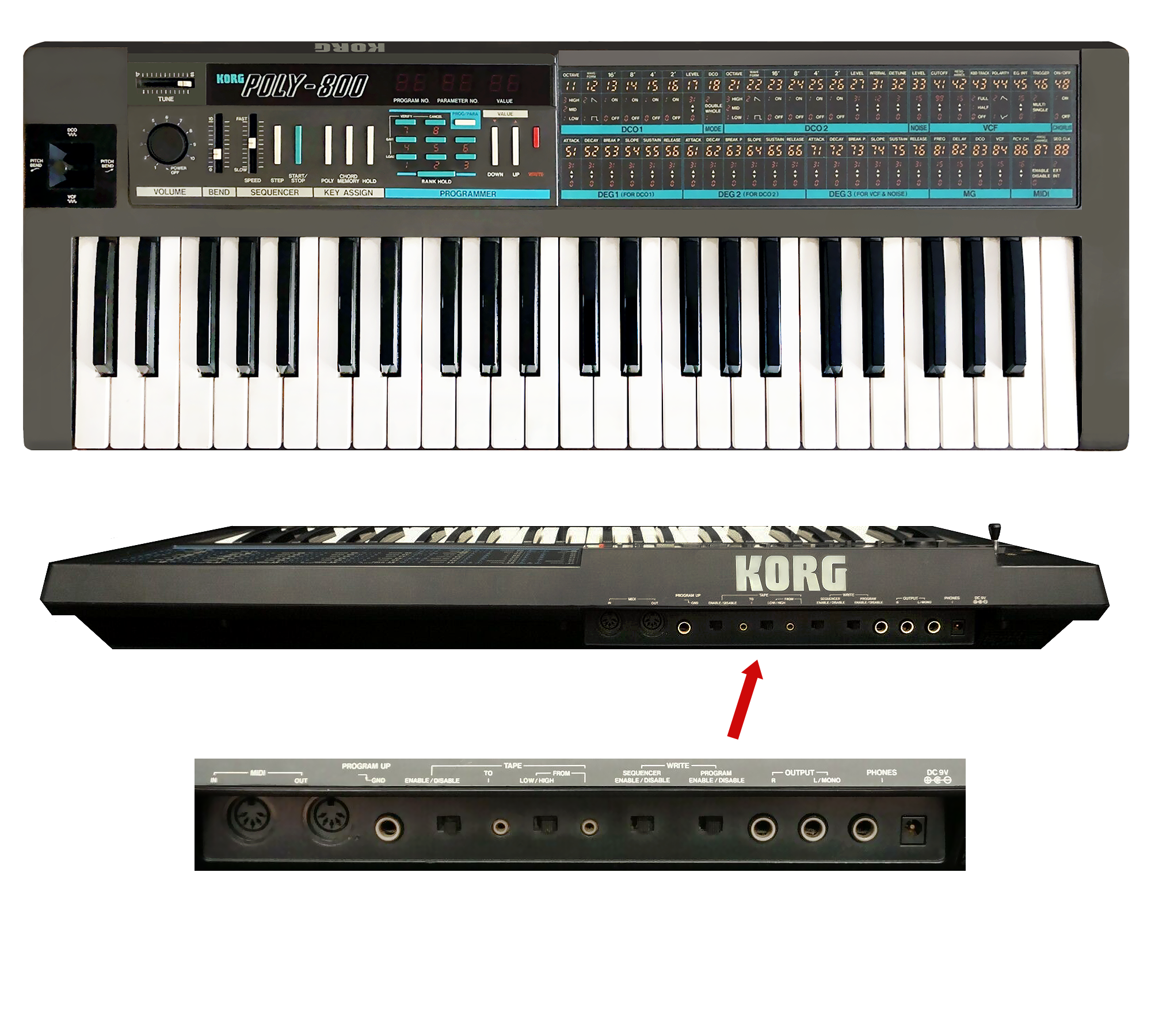



Read 10 comments
Add review/comment